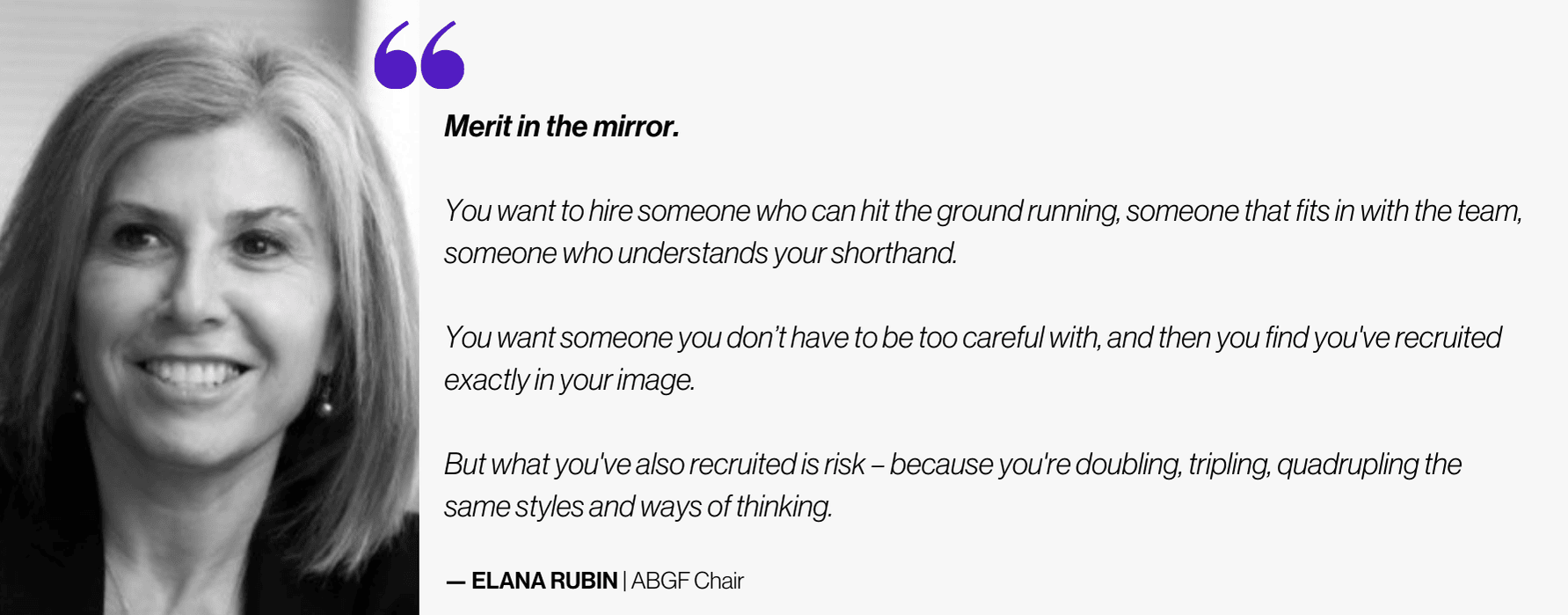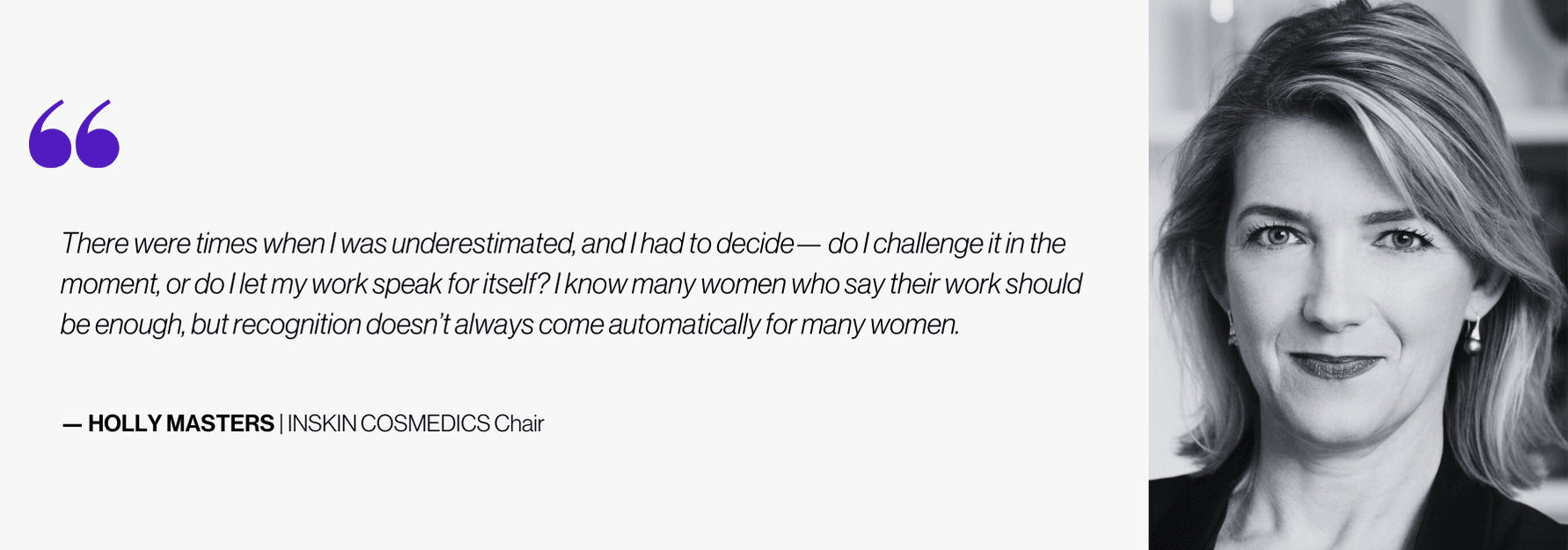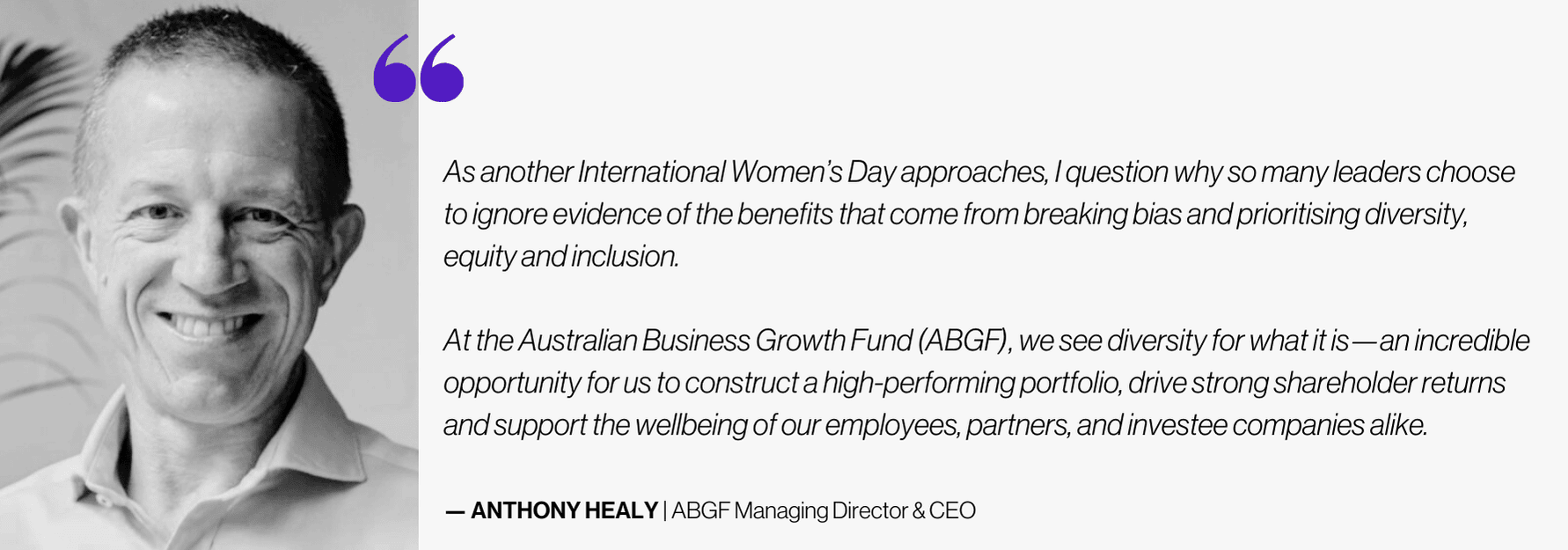Merit vs DEI: Is marching backwards the way forward?
This year’s UN Australia International Women’s Day theme, #MarchForward, reminds us that progress isn’t a given—it requires deliberate action. The conversation around diversity, equity, and inclusion (DEI) has certainly evolved, but a wave of resistance has surfaced under the guise of ‘meritocracy.’
Since the new US administration issued an executive order targeting DEI initiatives in January, a few large global organisations rolled back DEI measures, including State Street, the asset management firm known for installing the ‘Fearless Girl’ statue in New York to promote gender diversity in corporate leadership.
Unfortunately, meritocracy claims often mask unconscious biases driving inequitable outcomes.
The ‘merit in, DEI out’ narrative assumes merit is an objective, neutral standard that diversity, equity and inclusion (DEI) undermines. But merit is not neutral—it is shaped by those in power and the systems they create. Left unchecked, it leads to what Michael Sandel calls the ‘tyranny of merit’—mistaking success for personal superiority while ignoring systemic barriers.
Sound DEI policies are more needed than ever.
To understand how businesses can sustain their commitment to DEI and harness its power amid shifting discourse, we spoke with Elana Rubin, Chair of ABGF, and Holly Masters, Chair of ABGF portfolio company INSKIN Cosmedics.
Both leaders have seen firsthand how companies that embrace DEI benefit from stronger decision-making, reduced reputational risk, and improved performance. Their insights reinforce that resisting DEI does not preserve meritocracy, it limits a company’s ability to compete and contribute to a more equitable society.
As Elana highlights: “We need to move past the idea that DEI is a zero-sum game, where one person’s gain is another’s loss. True progress means we all rise together.”


